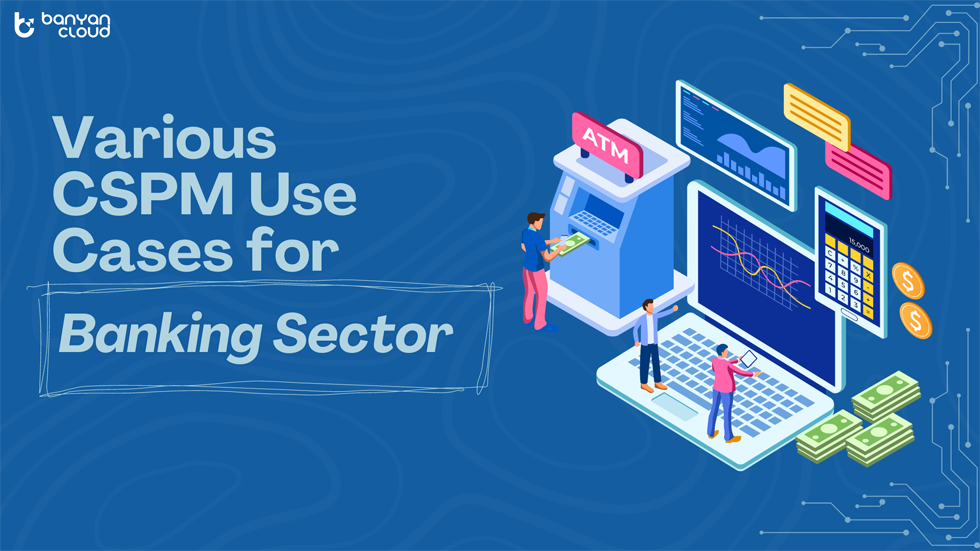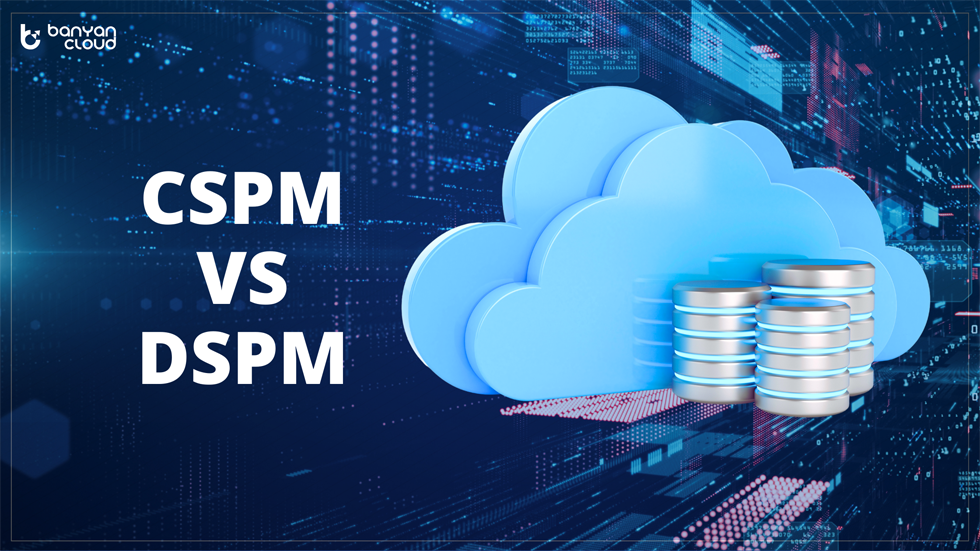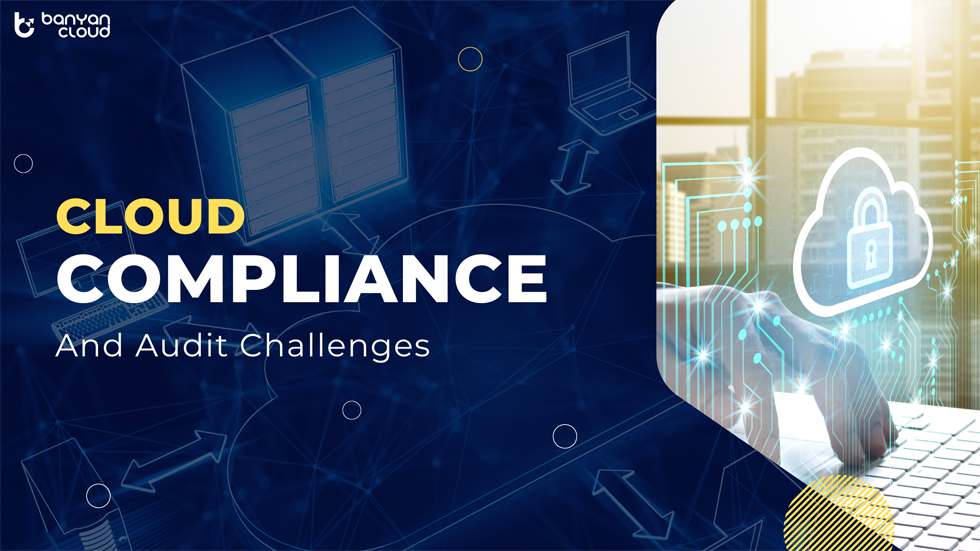Cloud Compliance Solutions: What is Cloud Compliance & Why It Matters?
Introduction
In today's digital landscape, cloud compliance isn't optional - it's a necessity. As companies move their operations to the cloud, ensuring compliance with industry regulations is critical. Cloud compliance is not just about meeting legal obligations - it’s about safeguarding sensitive data, retaining customer trust, and avoiding hefty penalties. But what exactly is cloud compliance, and how can businesses ensure they meet the necessary requirements? This blog explores cloud compliance solutions and how organizations can streamline their compliance journey.
What is Cloud Compliance?
Cloud compliance refers to adhering to industry standards, security best practices, and regulatory frameworks to ensure the secure handling of data in the cloud. Compliance requirements such as GDPR, HIPAA, SOC 2, ISO 27001, PCI DSS and FedRAMP dictate data storage, processing, and protection guidelines. Failure to meet these standards can result in legal consequences, financial penalties, and reputational damage.
Why Cloud Compliance Matters
Cloud compliance plays a crucial role in a company’s overall security and operational efficiency. Here’s why it matters:
- Avoiding Regulatory Penalties: Non-compliance with regulations like GDPR and HIPAA can lead to significant fines ranging from thousands to millions of dollars.
- Strengthening Security Measures: Compliance frameworks enforce robust security practices, reducing the likelihood of cyber threats and data breaches.
- Building Customer Trust: Organizations that comply with regulatory standards demonstrate a commitment to data security, fostering trust among clients and partners.
- Enhancing Business Efficiency: Adhering to compliance guidelines streamlines security processes, minimizes risks, and improves overall business operations.
What is Regulatory Compliance in Cloud Computing?
Regulatory compliance in cloud computing involves adhering to the specific legal and industry standards that govern cloud-based operations. Unlike traditional IT environments, cloud infrastructures are dynamic and often involve multiple vendors, making compliance more complex. Regulations such as GDPR and FedRAMP set strict requirements for cloud security, data residency, and access controls, ensuring organizations follow best practices in data protection.
Challenges Businesses Face in Cloud Compliance
Ensuring and maintaining cloud compliance comes with several challenges, including:
- Complex and Overlapping Regulations: Different industries and regions have distinct compliance requirements, making it difficult for organizations to stay up to date.
- Evolving Cloud Environments: Frequent infrastructure changes can make it hard to maintain consistent security and compliance measures.
- Limited Data Visibility & Control: Companies often struggle to monitor where their data is stored, who has access to it, and whether it meets compliance standards.
- Audit & Reporting Challenges: Without automation, generating compliance reports can be time-consuming and prone to errors.
For a deeper dive into cloud compliance challenges, check out our blog: Cloud Compliance & Audit Challenges.
Difference Between Cloud Governance and Compliance
While compliance ensures organizations meet legal and industry standards, cloud governance focuses on the policies and controls that guide cloud operations. Compliance is about adherence to regulations, whereas governance is about creating internal frameworks to manage cloud security, data protection, and risk mitigation effectively. Strong governance helps organizations maintain continuous compliance while optimizing cloud resource usage.
What is an Example of Compliance and Regulatory Measures?
A practical example of cloud compliance is a healthcare provider ensuring HIPAA compliance by implementing encryption for patient records, enforcing multi-factor authentication, and conducting regular security audits. Similarly, an e-commerce platform handling credit card transactions must comply with PCI DSS by using tokenization and maintaining a secure network to prevent payment fraud.
How Banyan Cloud Helps Simplify Cloud Compliance
Banyan Cloud offers an end-to-end security and compliance solution, empowering businesses to navigate regulatory requirements seamlessly. Here’s how Banyan Cloud makes compliance easier:
- Real-Time Security Insights: Detects misconfigurations and provides actionable recommendations.
- Multi-Framework Compliance: Supports 40+ compliance standards, including GDPR, HIPAA, PCI DSS, ISO 27001, SOC 2, and FedRAMP, ensuring seamless security and regulatory adherence.
- AI-Powered Risk Analysis: Uses intelligent automation to identify compliance risks before they become issues.
- Continuous Compliance Monitoring: Tracks security configurations and enforces best practices in real-time.
- Secure Access Controls: Implements least privilege access, encryption, and policy enforcement to safeguard sensitive data
Conclusion
Cloud compliance goes beyond regulatory requirements—it’s about protecting data, mitigating risks, and building trust. While compliance can be complex, Banyan Cloud simplifies the process with automation, continuous monitoring, and robust security controls. With Banyan Cloud, businesses can confidently meet compliance requirements, avoid costly penalties, and focus on innovation without security concerns.
Ready to enhance your cloud security and compliance strategy? Discover how Banyan Cloud can help today!









